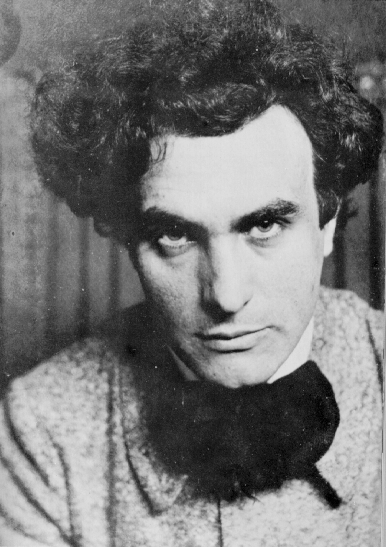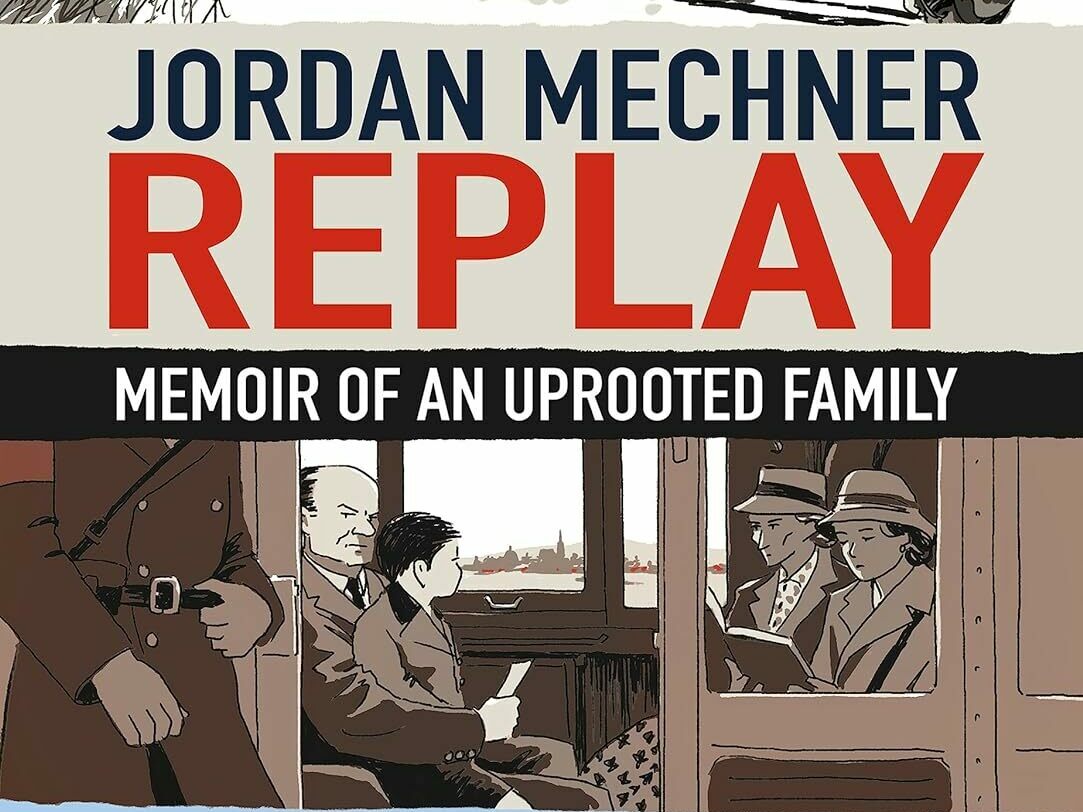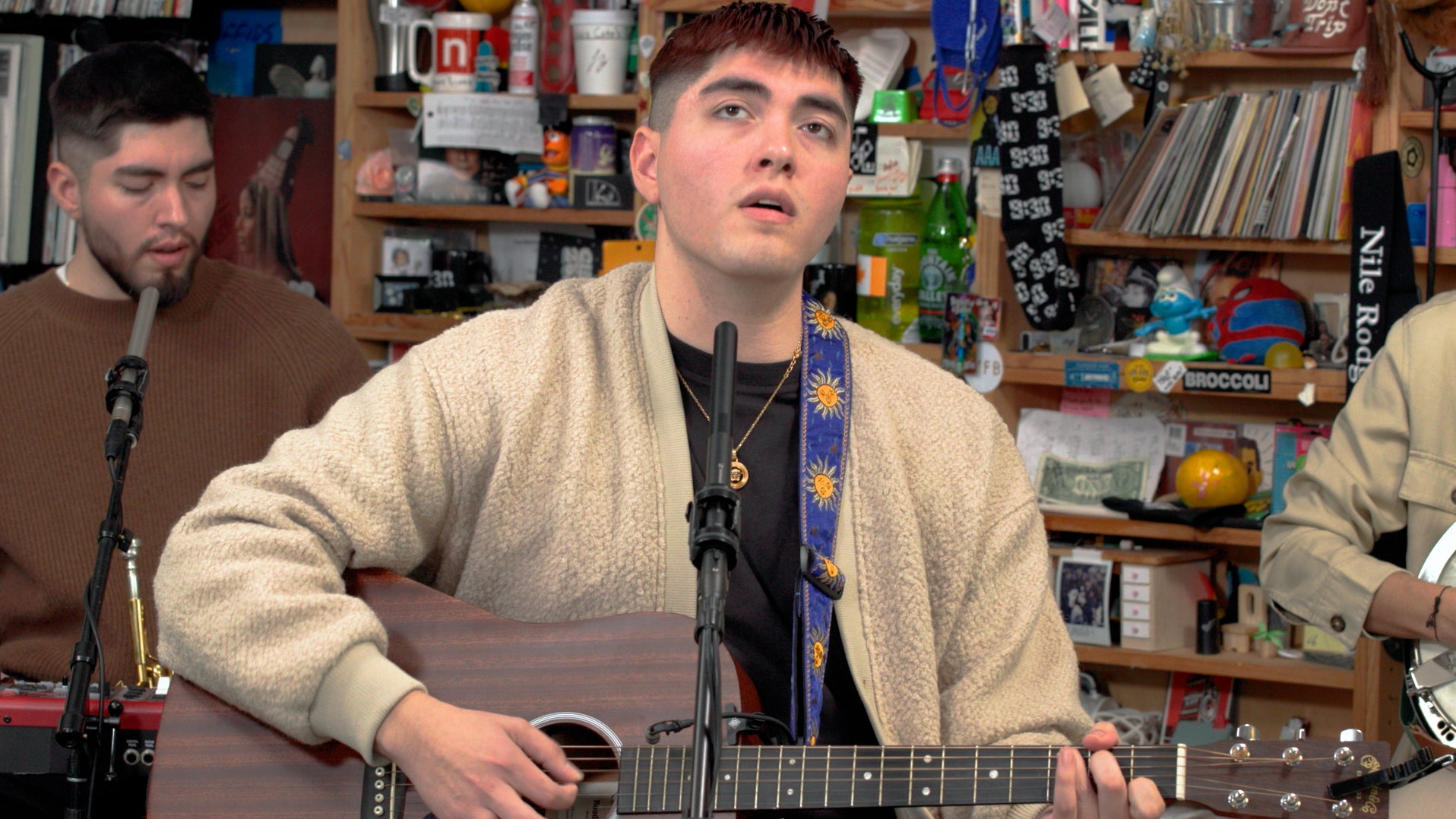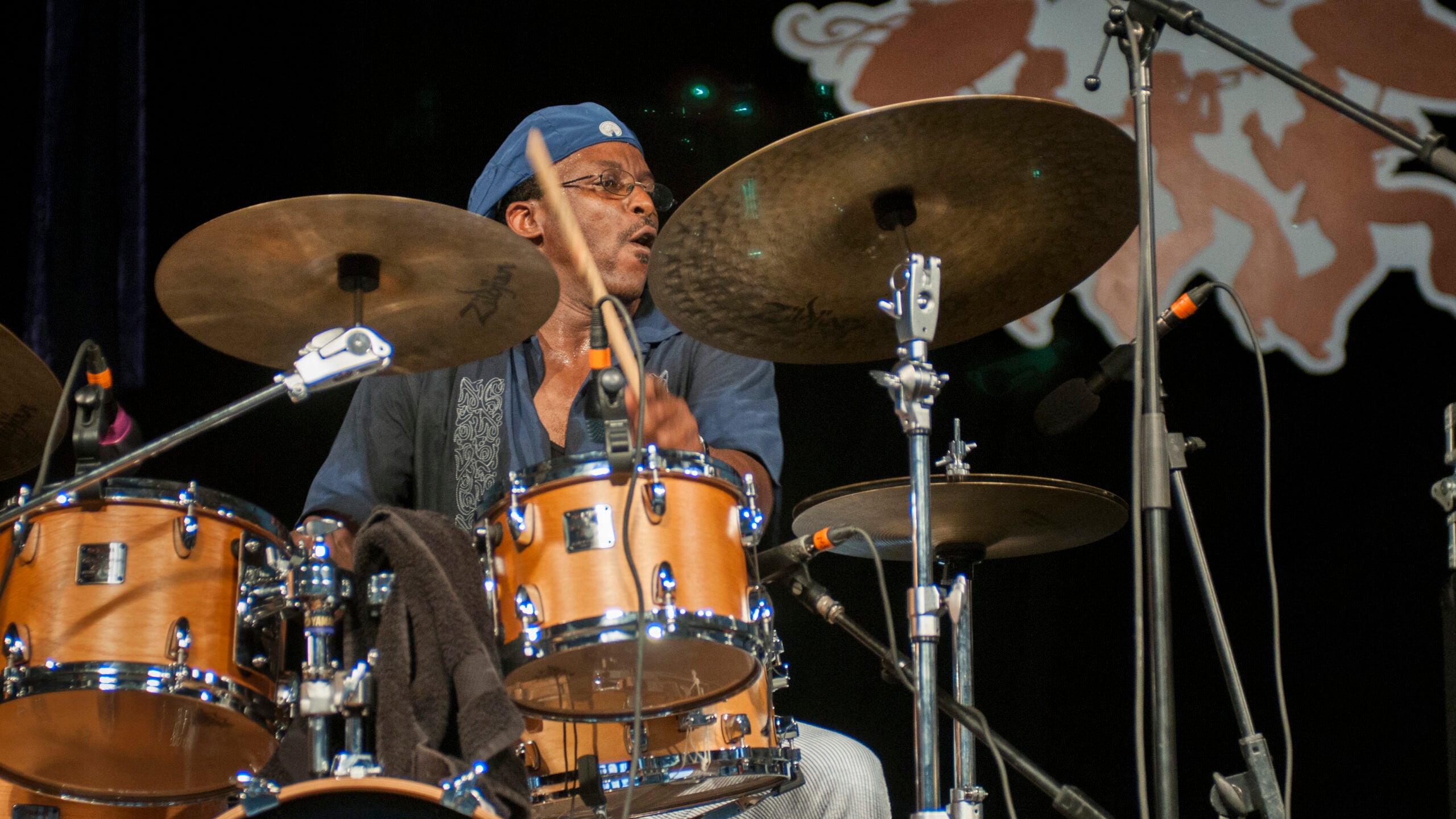Edgar Varese dared to challenge traditional notions of harmony. His early years in Paris also required considerable daring and were less than harmonious.
At the turn of the century, Varese’s colleges in Paris acted as his bodyguards as he went home from rehearsals in a rough part of the city. They wanted to protect him from young toughs known as “Apaches” who frequented the streets. But Varese was confident that he would have nothing to fear from the apaches once they got to know him. He felt that he could get along with almost anyone—from gangsters to working people to aristocrats.
Varese had a friend who was an intern in one of the Paris hospitals. Occasionally the composer would visit the young doctor on night duty. One night an apache who had been knifed was brought in, bent almost double and holding his hat over his belly just to keep his guts from falling out. He was in great pain. Varese lit a cigarette and put it in the young Apache’s mouth. The young man was sullen and suspicious, not believing that the hospital staff cared whether his kind lived or died. “You’ll see,” Varese assured him. “My friend is good and he’s going to operate on you. Don’t worry. You’re in good hands.”
Stay informed on the latest news
Sign up for WPR’s email newsletter.
Months later a stranger came to Varese’s door. “You don’t know who I am,” he told the composer, “but I know you. You saved my life.” It was the wounded Apache. “Didn’t I tell you my friend would pull you through?” Varese asked. “It wasn’t your friend,” the man replied. “It was you and the cigarette you gave me and the way you talked. I just came to say that if you ever need a job done, if anyone ever messes with you, I’m your man.”
Whether in the concert hall or the streets of Paris, Edgar Varese was not one to shy away from confrontations.
Wisconsin Public Radio, © Copyright 2024, Board of Regents of the University of Wisconsin System and Wisconsin Educational Communications Board.






